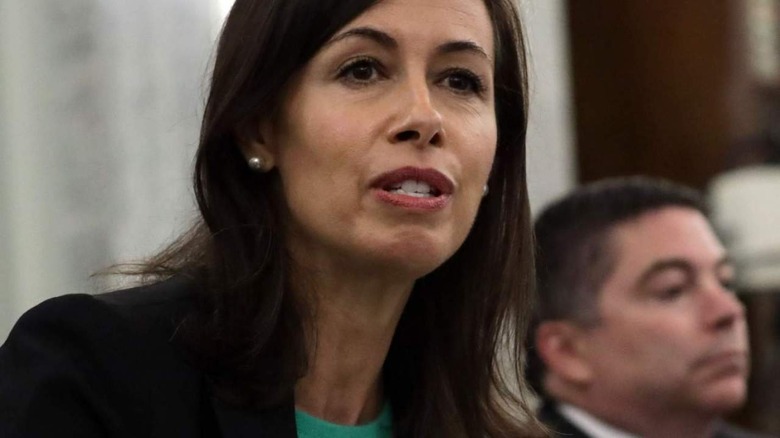Get Ready For FCC Broadband 'Nutrition Labels'
The Federal Communications Commission (FCC) has paved the way for new requirements that will force internet service providers (ISPs) and broadband companies to provide "nutrition labels," clearly describing their services and fees to existing and prospective customers.
Nutrition labels are a requirement for most food items in the US. A nutrition label gives the customer a clear, easy-to-read way of knowing what is in the food item they're purchasing, its nutritional value, and any potential ingredients they may be allergic to. Such labels are an important resource for customers to do comparative shopping, picking the product that best meets their needs.
The FCC clearly sees the value in this practice and wants to apply the concept to the broadband industry, with companies required to provide such a label about their services. The goal is to make it easier for customers to understand exactly what they're purchasing, the services they're being provided, the limits of those services, and exactly what the cost will be.
Why This Matters
Given there are relatively few industries that have nutrition label equivalents, some may wonder why the FCC wants to impose them on the broadband industry. Ultimately, ISPs have only themselves to blame for the FCC's plans. For years, the internet and broadband industry has consistently ranked among the most disliked in the US.
There are a number of factors that have contributed to this, including the habit of charging hidden fees that significantly raise the price over what is advertised. As well, the industry has a history of charging equipment rental fees even if the user is providing their own modem, router, and other equipment, essentially making customers pay a monthly fee for nothing.
Beyond that, service providers often attract users with bait-and-switch pricing, luring them in with a low price that jumps significantly after the first six months or year of service. ISPs likewise often advertise high-speed access, only to deliver far short of what they promise.
Another particularly major issue involves marketing, with companies sometimes using misleading verbiage to describe data caps, potentially resulting in throttled speeds or unexpected charges. In light of this, the FCC is finally getting involved with an effort to force ISPs to be more transparent with their customers, giving them greater insight into what they're paying for.
What People Are Saying
When describing the proposed broadband labels, FCC Chairwoman Jessica Rosenworcel likened them to the nutrition labels on food before saying:
I think the Federal Communications Commission needs to do the same with broadband. That's because it is now an essential service—for everyone, everywhere. So we want to make it easier for consumers to compare their options and understand just what they're signing up for. We want to develop a consistent and straightforward way of providing accurate information about price, speed, data allowances, and other aspects of high-speed service. We want to end efforts to bury facts in the fine print and we want to stop unexpected costs and fees.
Consumer groups have likewise praised the decision as one that will ultimately benefit users, especially at a time when internet access is more important than ever. Jonathan Schwantes, senior policy counsel at Consumer Reports, described how ISPs have been opaque with their billing practices, charging hidden fees, using confusing language and fine print, all in an effort to keep customers in the dark.
"A broadband label is a great tool to increase transparency and help consumers better understand what they are paying for with their internet plan," Schwantes said. "And for those lucky consumers who enjoy a choice of ISPs, a clear, uniform label will allow those consumers to comparison shop."
Most broadband providers have been relatively quiet about the FCC's decision, although it's a safe bet few are pleased with it. ISPs make billions of dollars just from fees. In fact, according to T-Mobile — one of the only major providers that clearly identifies costs — ISPs charged Americans more than $9 billion in extra fees above and beyond what their internet service cost in 2020.
Should the FCC's plans move forward, it will constitute one of the most significant steps ever taken to reign in predatory practices by ISPs and protect their customers.


